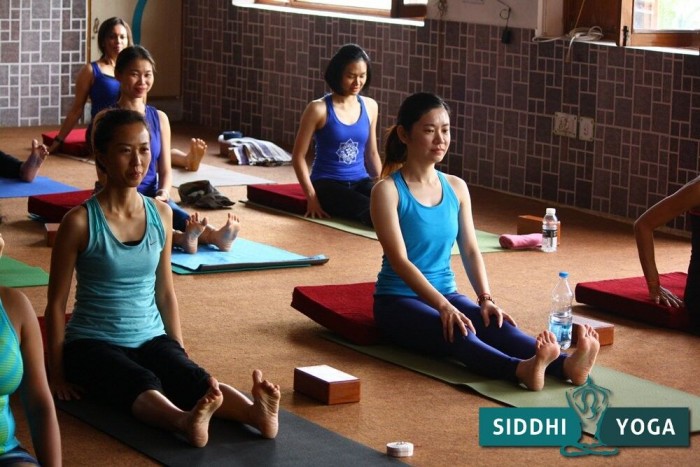
A number of studies have been published over the past few years suggesting that meditation is a powerful medicine that helps to prevent Alzheimer’s Disease. One new study matches two meditative yoga practices against memory enhancement training and crossword puzzles.
The winner?
The yoga practices won hands down in the prevention of the pre-Alzheimer’s condition called Mild Cognitive Impairment (MCI), a condition that affects up to one in five Americans 65 or older.
The 12-week study was conducted by UCLA and published in the Journal of Alzheimer’s Disease.
MCI has similar symptoms to Alzheimer’s, including forgetting faces and names and losing belongings. However, MCI sufferers can still lead independent lives. The symptoms can cause depression and other reactions to the cognitive decline. A certain percentage of them get some form of dementia later on.
The UCLA study had one group practicing both Kirtan Kriya Meditation and Kundalini Yoga for 20 minutes each day for 12 weeks. Kirtan Kriya Meditation entails devotional chanting, visualization and hand positions. Kundalini Yoga has many poses that you would find in a typical Western studio along with an emphasis on breathing and meditation.
The control group practiced evidence-based memory training techniques for one hour weekly, including crossword puzzles and other brain games. One hour per week was spent on performing memory exercises of various kinds.
Both groups suffered from MCI.
The result?
All participants were tested both before and after the three-month study.
Meditation and yoga won on visual-spatial memory, the function that helps us navigate through space. Tests of verbal memory improvements showed roughly a tie.
The other advantage of meditation and yoga is that both relieve anxiety and depression. MCI can lead to both. It can also cause stress, which yoga and meditation help alleviate.
The researchers found that the meditation and yoga group had better brain coherence and connectivity than the control group.
Neuroscientist Harris Eyre, the study’s lead author, produced a study that laid the ground work for yoga and meditation “prescriptions” for patients. “We’re converting historical wisdom into the high level of evidence required for doctors to recommend therapy to their patients.”
The research did not break down which aspects of these techniques caused improved results. So don’t just go to a power yoga class and expect to get the same result. That said, this research is yet one more rock in a pile of evidence suggesting that yoga and meditation have tangible, long-lasting effects on our brains and behaviors.
~
Author: Meera Watts
Image: Author’s own
Editor: Travis May


 Share on bsky
Share on bsky




Read 0 comments and reply